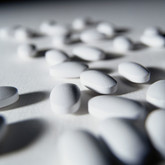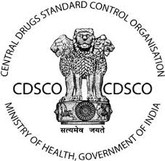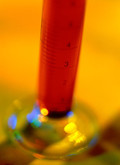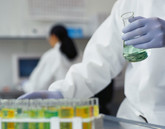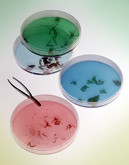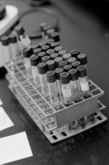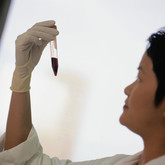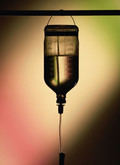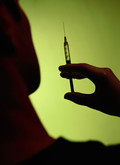Biosimilars/Research
|
Posted 17/08/2012
A study to compare the cost-efficiency of three different recombinant granulocyte colony-stimulating factors (G-CSFs) for the treatment of chemotherapy-induced febrile neutropenia assumes that they are of comparable efficacy. But how solid is the evidence for this assumption? A study by Professor Matti Aapro and co-authors explores the available evidence regarding efficacy for the three G-CSFs, filgrastim (Neupogen, Amgen), pegfilgrastim (Neulasta, Amgen) and a filgrastim biosimilar (Zarzio, Sandoz/Novartis) and concludes that evidence behind previous claims of superiority for pegfilgrastim is ‘similar’ and ‘open to question’ [1]. Thus, originator and biosimilar filgrastim appear to be holding ground in the efficacy stakes.








